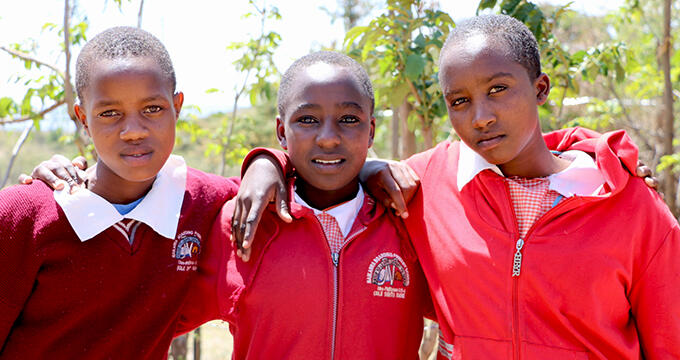
Escape at dawn: running away from child marriage and FGM in Kenya
I woke up one morning, and my father told me that we were poor and needed money,” said Faith Kiraison, describing the moment she learned she was engaged. She was 11 years old at the time. Her father explained that an elder in their village, in Kenya’s Narok County, would marry her and pay a bride price, which would alleviate some of the family’s financial hardship. And the news got worse: Before she could be married off, she would have to undergo female genital mutilation (FGM).
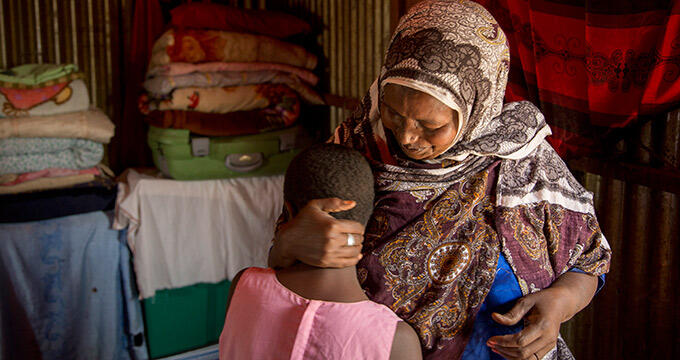
For many girls, school holidays means FGM “cutting season”
Asha Ali Ibrahim, 41, has been performing female genital mutilation (FGM) on girls in Diaami, Hargeisa, and other parts of Somalia since 1997. July and August are her busiest months of the year. “This is the peak season, when parents bring their children to be cut,” she told UNFPA.
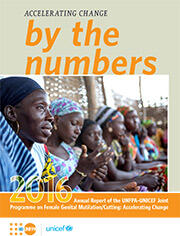
2016 Annual Report of FGM Joint Programme: By the Numbers
<p>The 2016 Annual Report for the UNFPA-UNICEF Joint Programme on Female Genital Mutilation/Cutting analyses the progress being made towards abandoning female genital mutilation.&nbsp;</p>
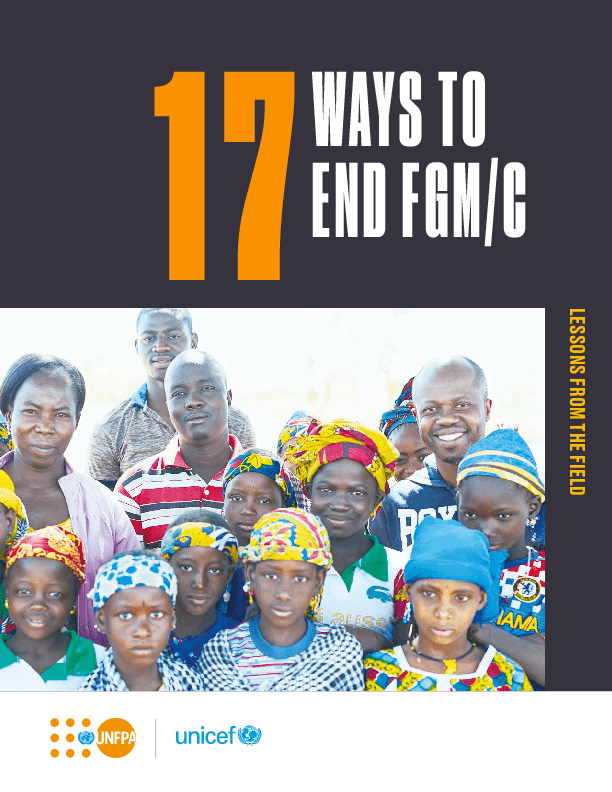
Seventeen Ways to End FGM/C
<p>This is a companion booklet to the 2016 Annual Report for the UNFPA-UNICEF Joint Programme on Female Genital Mutilation/Cutting.</p>
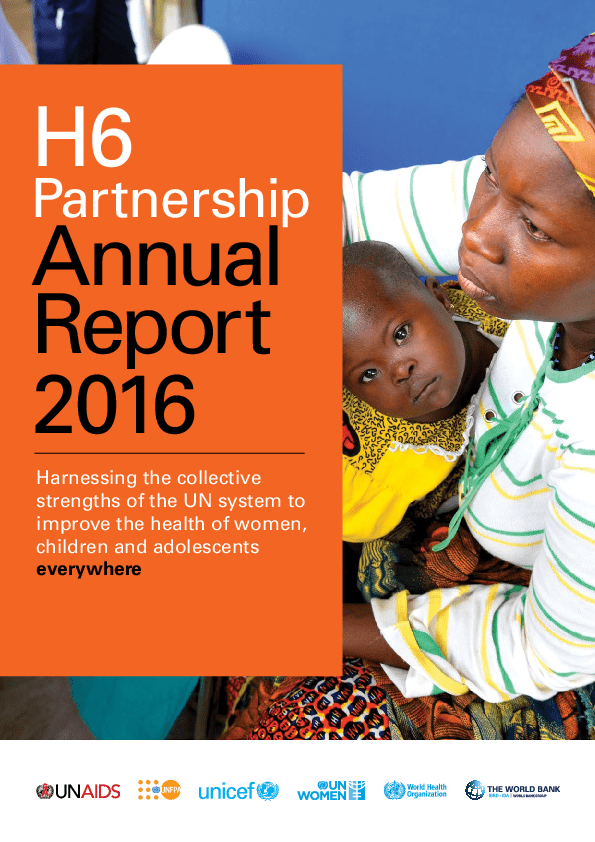
H6 Partnership Annual Report 2016
<p>This report reviews progress in 2016 and since the inception of the H6 Joint Programme collaboration with Canada and Sweden (Sida). The report features findings from a recent evaluation of this programme, which mobilized $99.76 million to provide catalytic and strategic support to national health systems to address the root causes of poor health outcomes in 10 countries: Burkina Faso, Cameroon, Côte d&rsquo;Ivoire, the Democratic Republic of the Congo, Ethiopia, Guinea-Bissau, Liberia, Sierra Leone, Zambia and Zimbabwe.&nbsp;</p>